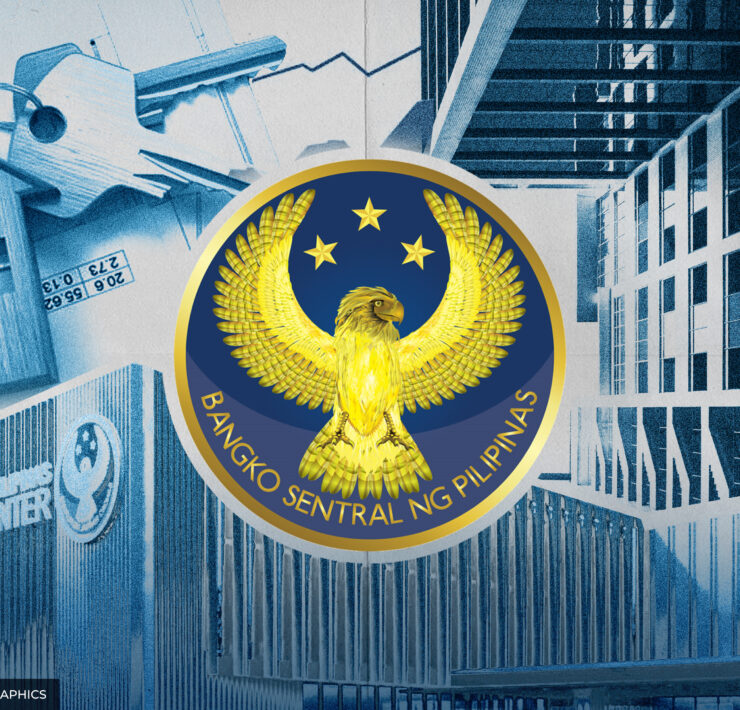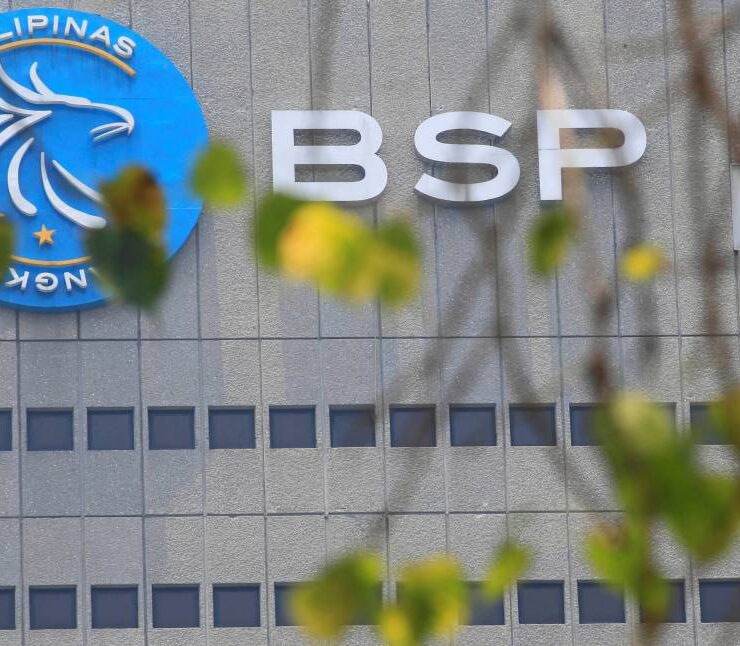Politicized US Fed a big threat to other central banks, says Remolona

Bangko Sentral ng Pilipinas (BSP) Governor Eli Remolona Jr. said United States President Donald Trump’s war against the US Federal Reserve (Fed) poses a “very significant threat” not only to the world’s most influential central bank but also to the independence of its peers worldwide.
Speaking to reporters on Tuesday, Remolona said he shared the concerns voiced by central bankers who gathered last week at the Jackson Hole symposium in Wyoming, where debates over the Fed’s future played out under intense political pressure.
Trump yesterday announced he had fired Fed Governor Lisa Cook, accusing her of mortgage fraud. This marked a dramatic escalation in a conflict that has simmered since he began putting immense pressure on Fed Chair Jerome Powell to cut interest rates.
“The reason he’s (Powell)staying is not so much about monetary policy,” Remolona said. “It’s more about protecting the independence of the Fed, which protects the independence of other central banks.”
Analysts said a dangerous precedent would be set if the Fed would crack under the weight of Trump’s pressure.
This is because the Fed “is almost always the model” of other central banks around the world, said Calixto Chikiamco, president at Foundation for Economic Freedom. Political attacks on central banks, in turn, could tarnish their credibility and efforts to fight inflation.
Meanwhile, Trump’s war against the Fed was already straining financial markets, with the US dollar losing ground yesterday following news of Cook’s removal from office.
“A politically compromised Fed undermines monetary policy credibility, risks surging inflation, and could destabilize global financial markets,” John Paolo Rivera, a senior research fellow at state-run think tank Philippine Institute for Development Studies, said. He urged local lenders to review their exposure to dollar assets.
“The erosion of Fed independence is already causing volatility seen in falling US dollar value, rising Treasury yields, and market jitters,” Rivera continued.
Moving forward, Rivera said that while the BSP was not facing the same immediate problem at the moment, “political risks always exist, especially when fiscal pressures mount.”
“The temptation to lean on the central bank to accommodate government financing needs—either through moral suasion or delayed rate easing—becomes stronger when public debt is elevated and budget deficits persist,” he explained.





















